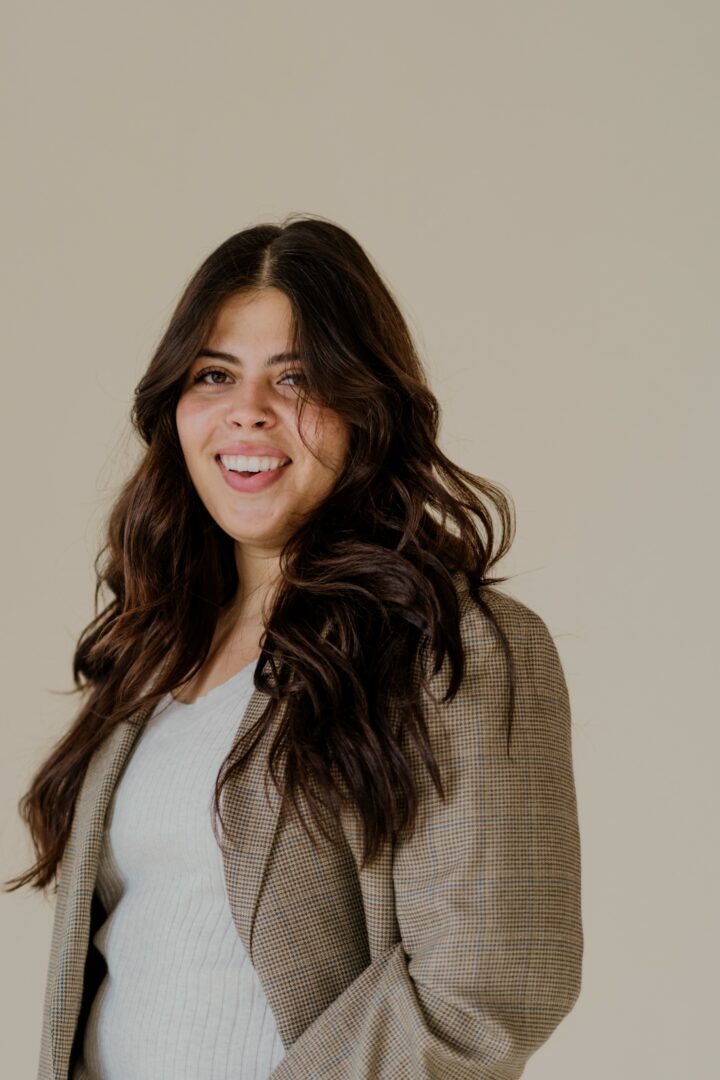We’re excited to introduce you to the always interesting and insightful Ronnie Cruz. We hope you’ll enjoy our conversation with Ronnie below.
Ronnie, thank you so much for joining us today. Let’s jump right into something we’re really interested in hearing about from you – being the only one in the room. So many of us find ourselves as the only woman in the room, the only immigrant or the only artist in the room, etc. Can you talk to us about how you have learned to be effective and successful in situations where you are the only one in the room like you?
Being the only one in the room that looks like me has taught me both resilience and purpose. As a Puerto Rican woman and a sensory-focused hairstylist, I’ve often stepped into spaces where people didn’t fully understand my vision or my background. At first, it felt isolating—but I learned to see it as an opportunity. I realized that when I’m the only one, I’m not just representing myself, I’m opening the door for others who come after me.
In my business, RonnieVCutz, I created a salon that looks and feels different because it needed to be different—especially for sensory-sensitive clients and their families. The same goes for founding Sensory Society; there wasn’t a blueprint, so I became the blueprint. I leaned on my faith, my community, and my consistency to build something inclusive and impactful.
Being the only one in the room has made me sharper, more innovative, and more compassionate. Instead of seeing it as a barrier, I see it as a responsibility. I may be the first in some rooms, but my goal is to make sure I’m never the last.
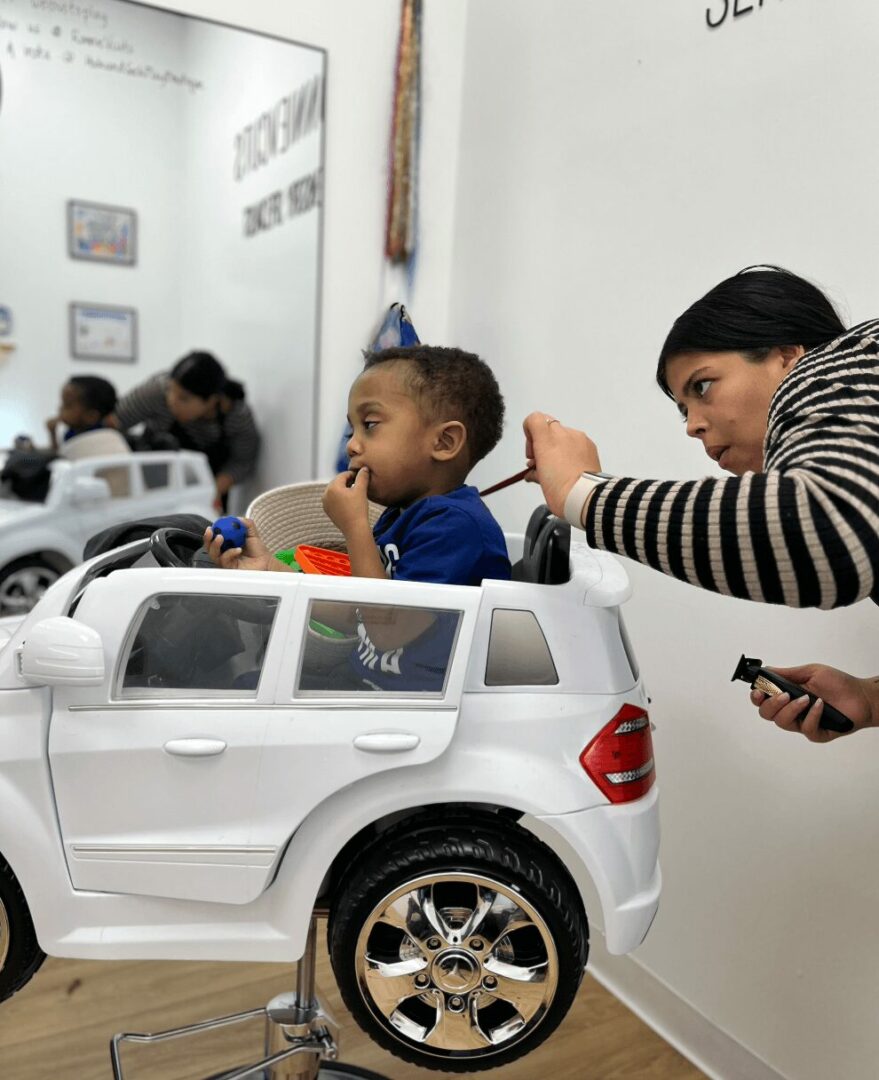
Thanks, so before we move on maybe you can share a bit more about yourself?
I’m the owner of RonnieVCutz, a sensory-friendly salon inside Hide & Seek Play Café in Ann Arbor, Michigan. My focus is creating safe, inclusive haircut experiences for children and adults who have sensory sensitivities, autism, or just need a more patient and flexible environment. What makes my work special is that we design every service around consent, comfort, and creativity—kids can sit in a car chair, hold sensory toys, or even get their haircut outside the traditional salon chair if that’s what feels best.
What excites me most is watching families who have struggled for years finally find a place where haircuts aren’t a battle. To me, it’s not just a haircut—it’s giving a child confidence and giving parents peace. That’s what drives me every day.
Beyond my salon, I recently launched Sensory Society, a growing movement that connects stylists, barbers, therapists, and advocates across the country. I call it the ‘Yellow Pages of Sensory Resources.’ We’re building a directory and community so families everywhere can find inclusive services, not just here in Michigan. In September, our team is hosting our first booth at a barber expo in Fort Wayne, Indiana, to introduce the Sensory Society to a wider audience.
Right now, I’m also expanding services locally with Sensory Sundays, and a Pay-It-Forward Haircut Fund to make access more equitable. I believe no family should feel excluded from something as simple as a haircut, and I’m working to make that reality one step at a time.
My brand is about more than business—it’s about creating safe spaces, building community, and leading with compassion.
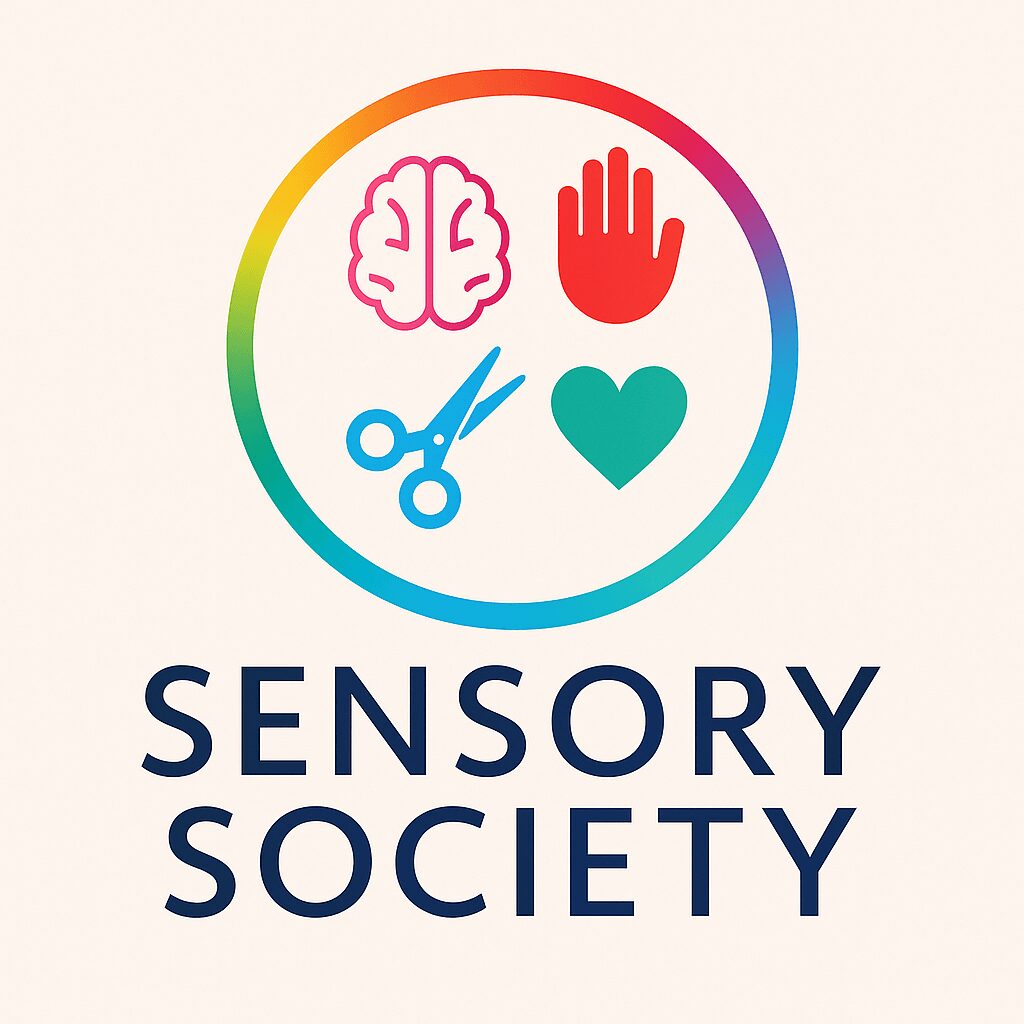
Looking back, what do you think were the three qualities, skills, or areas of knowledge that were most impactful in your journey? What advice do you have for folks who are early in their journey in terms of how they can best develop or improve on these?
Looking back, three qualities that have been most impactful in my journey are resilience, adaptability, and compassion.
Resilience kept me going when I felt like the only one in the room or when I was building something from scratch with no roadmap. Adaptability allowed me to create services and spaces that looked completely different from the traditional salon model—whether that meant cutting hair on a bench instead of a chair or building a new system for families who needed more time and flexibility. Compassion has been at the center of it all—because when you lead with love, you can meet people where they are, and that changes everything.
My advice for people early in their journey is: don’t wait for perfect conditions to start. You can refine and learn as you go, but if your mission is strong, it will carry you through. Surround yourself with people who share your values, stay open to growth, and never forget why you started. The more you lean into resilience, adaptability, and compassion, the more sustainable and impactful your work will be.
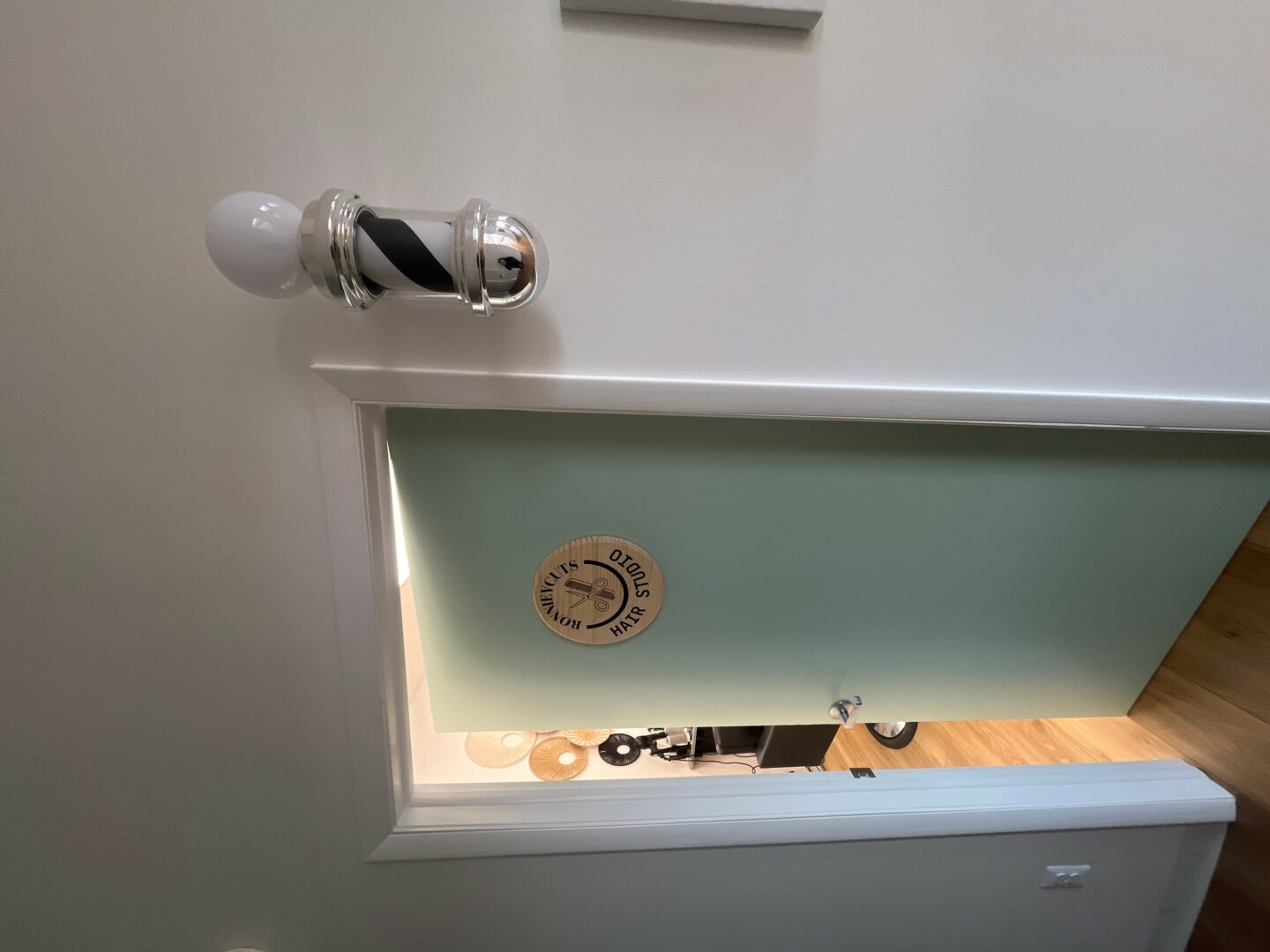
One of our goals is to help like-minded folks with similar goals connect and so before we go we want to ask if you are looking to partner or collab with others – and if so, what would make the ideal collaborator or partner?
Yes, absolutely—I believe collaboration is what makes this work sustainable and powerful. Through my salon and Sensory Society, I’m looking to partner with stylists, barbers, therapists, educators, and advocates who share a passion for creating more inclusive, sensory-friendly spaces. I also welcome collaboration with businesses, nonprofits, and community leaders who want to expand access to services for families who often feel overlooked.
Whether it’s co-hosting events, contributing to our national directory, or helping us grow the Pay-It-Forward Haircut Fund, I’m excited to work alongside people who are committed to making a difference.
The best way to connect with me is through Instagram @RonnieVCuts or through our growing Sensory Society community. Together, we can build something much bigger than any one of us could do alone.
Contact Info:
- Website: https://bookwithronnie.as.me/schedule/f9d276d1
- Instagram: @ronnievcuts
- Facebook: @ronnievcuts
- Other: https://share.google/DxZG0TKwhGqV9Gdok


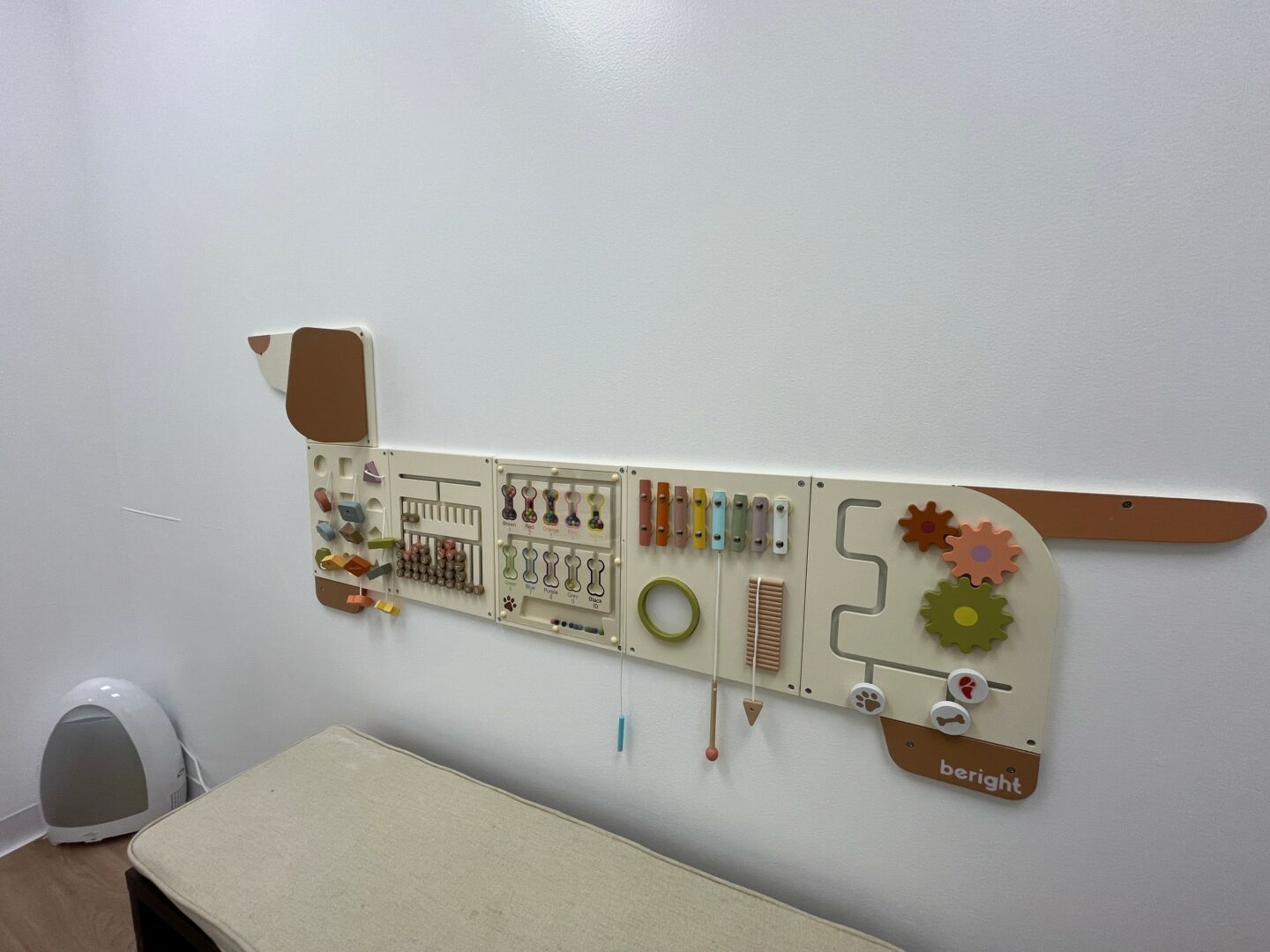
Image Credits
Grace Han Photography
so if you or someone you know deserves recognition please let us know here.

